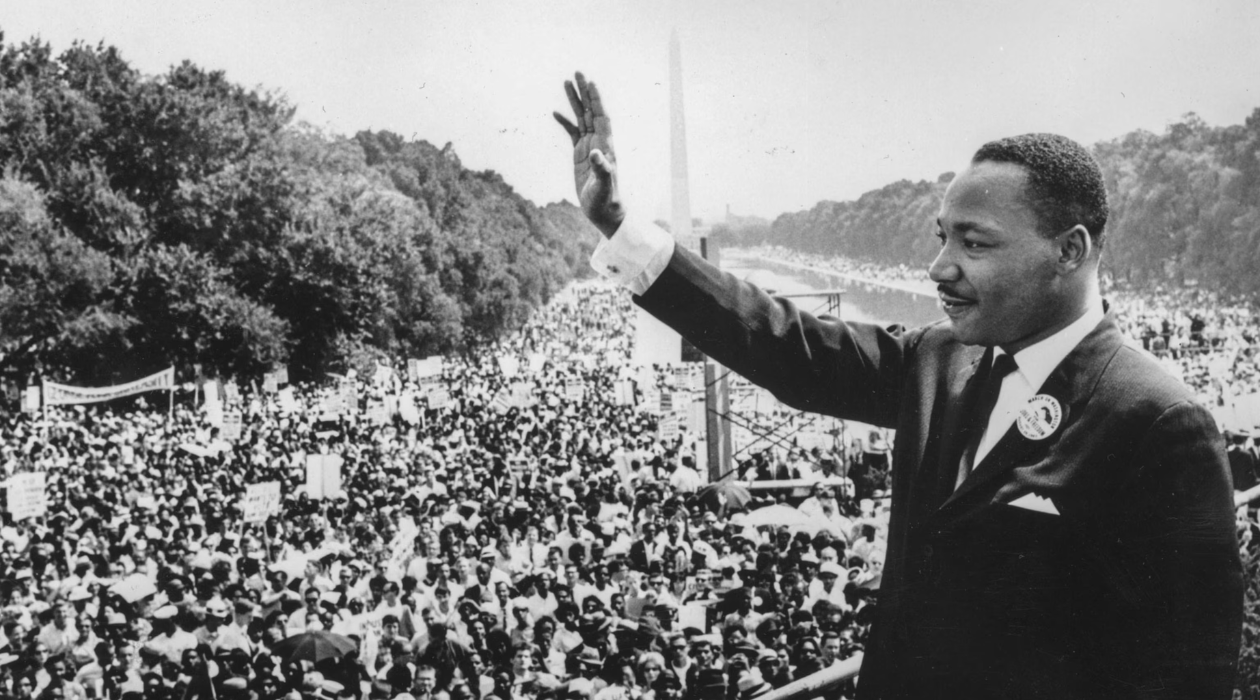We live in a time of contradiction.
Never has more information been so readily available to humanity. Every individual with a smartphone has access to nearly every published work in human history. Every fact check is only one short Google search away and at our fingertips.
Yet truth has become more subjective than ever; Facts are now fluid and history is being reframed. With the evolution of artificial intelligence and social media, having intrinsic knowledge has become less important or empowering than being convincing. And these new tools have created a chasm in society allowing for misinformation to be weaponized.
I hear the worry in my colleagues’ voices as this topic gets discussed. The power of “the algorithm” and the reinforcement of new narratives being fed to an individual to cement beliefs, whether rightly or wrongly held, that lead to arguments rather than discussions. We cannot help but be the main character in our own story and so it leads us all to naturally believe we are experiencing this uniquely and for the first time.
Rather than contribute to this echo chamber of despair around misinformation and bombastic rhetoric, I am a firm believer that society, academia, and humanity will find its way back to the center and to objective truth. And that each of us can gain a greater perspective through history and all that preceded us. With each evolution in communication – from the propagation of newspapers, the expansion of radio, the developments of television, to the ubiquity of the internet – each caused significant disruption and confusion followed by a period of regulation and responsibility. So, as we move further into an election year, in which there will be endless rhetoric around issues that often obfuscate what matter most to our collective wellbeing, I want to remind us that hope is never lost. That while the world ebbs and flows into directions that each of us views or interprets differently, it will impact each of us personally, nonetheless. And that is a good thing because we are all connected.
It is a hope for a better tomorrow that has spurred the best in humanity. From the world of medicine to the fight for human rights, it is hope that singularly unifies us; that drives exponential change, innovation, and improvement. We do not need to share every other person’s aspiration, but we can always learn about ourselves and the world in which we live by appreciating that they exist; To take the time to understand the reasons behind a person’s motivations and to remain hopeful that we can continue to improve our tomorrows. You do not need to be one of, to stand with.
On Martin Luther King Day we celebrate a man who delivered exactly what I am writing about: Hope. Living in history for his Dream, it was his hope that drove him. And his hope that has defined generations searching for a better tomorrow. And it was his hope that transcended humanity and became the same hope of millions.
As we all at times experience the feeling of frustration or “hopelessness” there is no better inspiration to recall than that of MLK as he sat in a jail cell in August of 1963. With only a pen and a newspaper for tools, he wrote a letter in the margins of that paper that inspired the world. At a time where he was facing extreme adversity and lacking any clear path forward, he never lost his hope.
Dr. King penned, “Just as Socrates felt that it was necessary to create a tension in the mind so that individuals could rise from the bondage of myths and half-truths to the unfettered realm of creative analysis and objective appraisal, we must see the need of having nonviolent gadflies to create the kind of tension in society that will help men rise from the dark of prejudice and racism to the majestic heights of understanding and brotherhood.” He understood he existed in a moment of time and that hope was not lost. That historically mankind is ever evolving and that he could be an instrument of hope and a lever for change. Even at a time when many would have felt all was lost, Dr. King saw opportunity in his condition. He follows with the timeless statement of “Injustice anywhere is a threat to justice everywhere.” So appropriate for drawing similarities to his incarceration as well as the civil rights movement. And a statement that is as true today as it was in Dr. King’s time or even that of Socrates.
As we all celebrate Martin Luther King Jr. today, I will take some time to revisit his words in “Letter from Birmingham Jail.” To keep in perspective the unique challenges and contradictions we all face and to hopefully become more attuned to issues, that while not a part of my daily life, impact humanity, and therefore impact me; To remember another quote in that same letter, “whatever affects one directly affects all indirectly.” And to remind myself that we are all connected and that for humanity, and for a better and brighter future, I am full of hope.
Respectfully,
Dr. Daniel S. Briggs
Auragens | President & CEO

